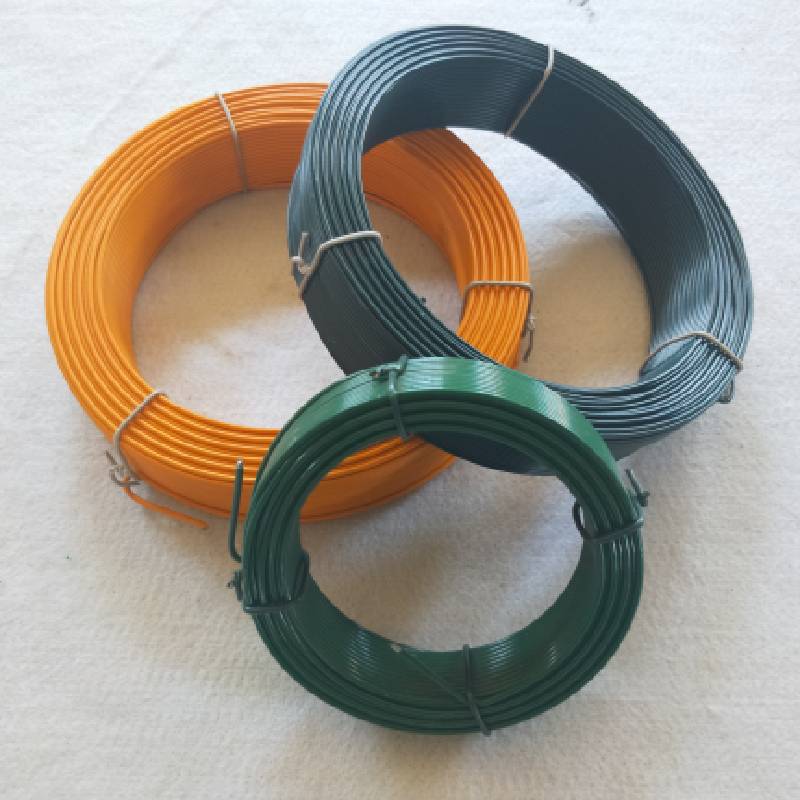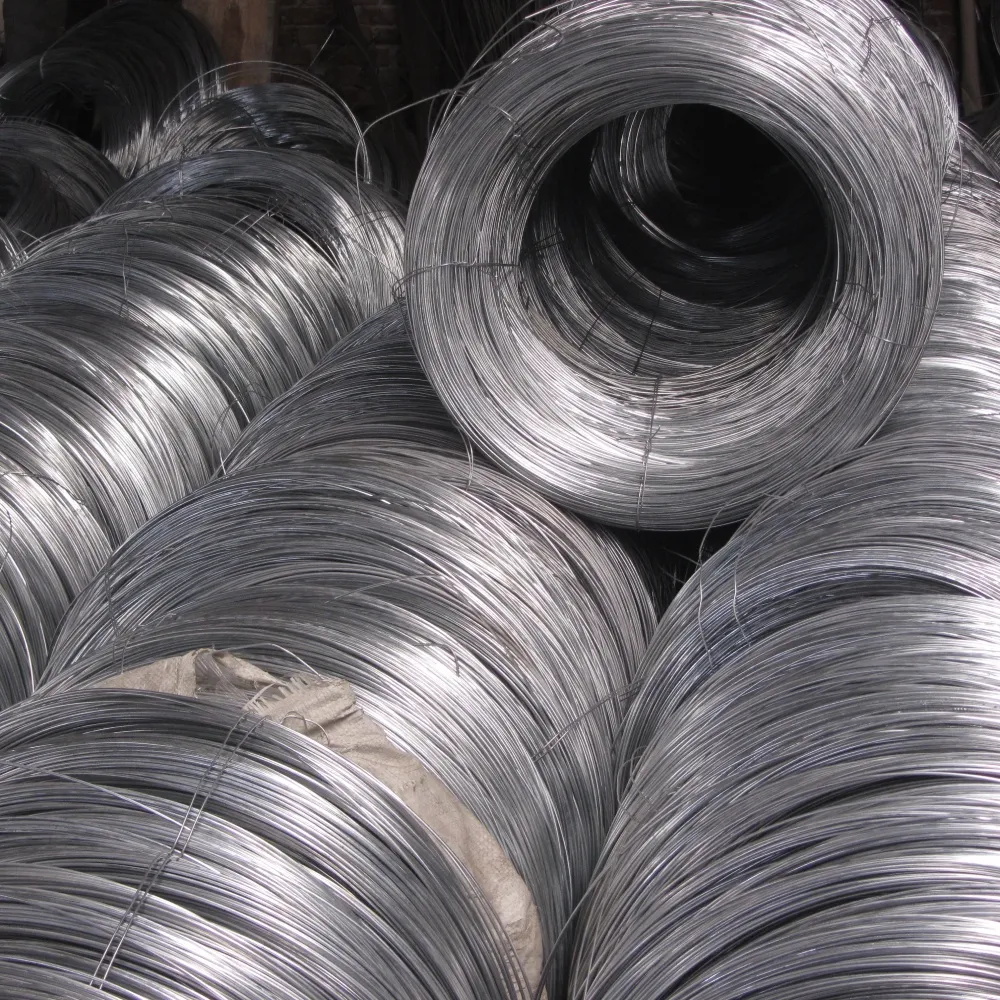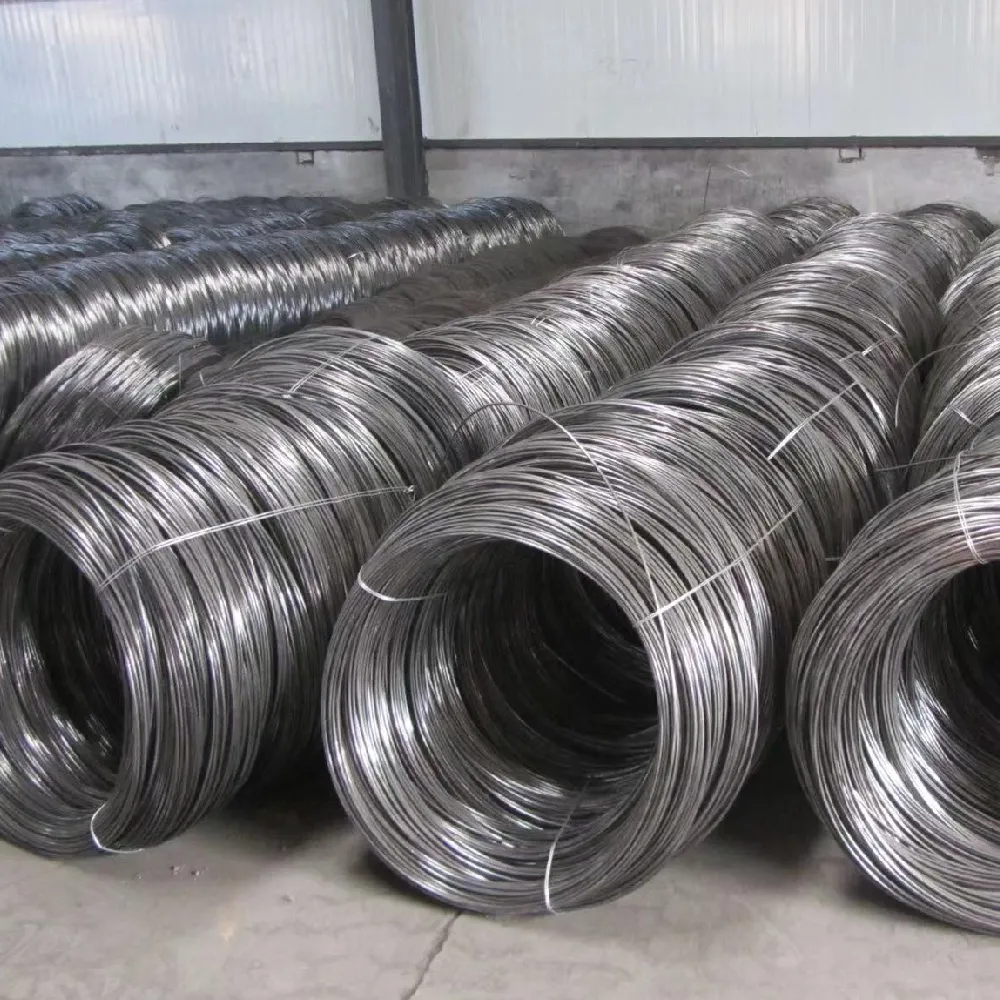What Is The Iron Wire Used For?
Iron wire is a highly versatile material used in a wide range of applications across various industries due to its strength, flexibility, and cost-effectiveness. One of its most common uses is in fencing, where it serves as a durable and secure barrier for homes, farms, and industrial properties. The wire is often used for chain-link fences or barbed wire fences, offering reliable protection and privacy.
In construction, iron wire is used for reinforcement in concrete, providing added strength and stability to buildings, roads, and other infrastructure projects. It is also used for creating wire mesh and rebar, which are essential components in modern construction.
Additionally, iron wire is frequently employed in gardening tasks, such as making plant supports, creating trellises, or forming garden fences. Its malleability allows it to be easily bent or shaped for various garden applications.
Iron wire also has industrial uses in manufacturing processes, such as making wire ropes, cables, and safety barriers. Its resistance to wear and affordability make it a popular choice for many applications, both indoors and outdoors, offering durability and reliability in diverse environments.
What is the difference between iron wire and steel wire?
The primary difference between iron wire and steel wire lies in their composition, strength, and corrosion resistance.
Iron wire is made from pure iron or low-carbon iron, which makes it more malleable and easier to work with, but it also tends to be more prone to corrosion over time. Pure iron lacks the strength and durability of steel, making it less suitable for heavy-duty applications. Iron wire is often used for lighter tasks like crafting, gardening, or fencing in less demanding environments.
On the other hand, steel wire is made by combining iron with carbon and sometimes other alloying elements. This gives steel wire a much higher tensile strength and greater durability compared to iron wire. Steel wire is stronger, more resistant to wear, and can withstand harsher environments. It is commonly used in applications like construction, reinforcement in concrete, and industrial machinery. Additionally, steel wire is often coated (e.g., galvanized) for improved corrosion resistance, making it suitable for both indoor and outdoor use in more demanding conditions.
In summary, steel wire is stronger, more durable, and resistant to corrosion, while iron wire is more malleable but less resilient over time.












